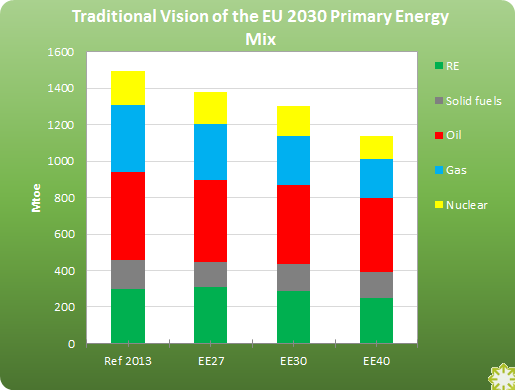Resources - posts
Some would have us believe that construction regulations are new. Have you ever heard of the Code of Hammurabi? It’s the very first code of laws known in history, dating back to 1750 BC. And guess what? Building codes were already included! Six out of 282 laws regulated construction safety, including penalties for builders of non-compliant homes. Quite visionary, indeed, even if some penalties could now seem slightly stringent.
The 2016 edition of the EU Sustainable Energy Week was about empowering consumers. At the opening ceremony, Mr. Miguel Arias Cañete, the commissioner of climate and energy, made it clear that the energy transition is also about the active consumer engagement in the energy system. After centuries of relegating the energy consumer to a passive role, as simply a purchaser of (mostly) dirty energy sources, EU citizens will slowly move to a more active position by becoming energy producers: producers of energy savings and renewable energies.
I used to think that Western democracies protect their citizens from “la pensée unique” (a narrow and single way of thinking). My concerns relate to the “consensus” in the “energy efficiency community” about how the “Better Regulation Package” would impact negatively existing EU climate and energy policies.
In the traditional vision of the primary energy mix, the EU will be fuelled by 2030 first by oil and fossil fuels (oil, gas and coal) will meet 60% of the EU energy demand (based on PRIMES 2013 modelling results)

In the traditional vision of the primary energy mix, the world will be fuelled by 2040 first by oil and fossil fuels will meet 60% of the global primary energy demand even if policies and measures to keep global warming below the 2 degrees are effectively implemented (data used are those of the IEA WEO 2015 modelling results)
I have a dream that one day we will enter a new era, when negawatts make the headlines of energy summits, conferences and meetings.
A day when negawatts are sold across world markets, from Wall Street to the City, from Dubai to Hong Kong. A day when the amount of negawatts produced and sold decides a country’s membership in the World Trade Organisation.
When I was about to graduate, I had a job interview with one of the leading EU energy companies. The hiring manager was highly interested in my profile, but struggled on how an energy efficiency engineer could help his company increase profits. I realise now how audacious it was to imagine that a company who’s business was selling Megawatt would hire someone trained to sell Negawatts. Few years later I was totally demoralized: I had a climate-change denier as a line manager. Each report submitted for approval was scrutinized for the blasphemous words: “climate change”.
Pages
- « first
- ‹ previous
- 1
- 2
- 3
- 4





